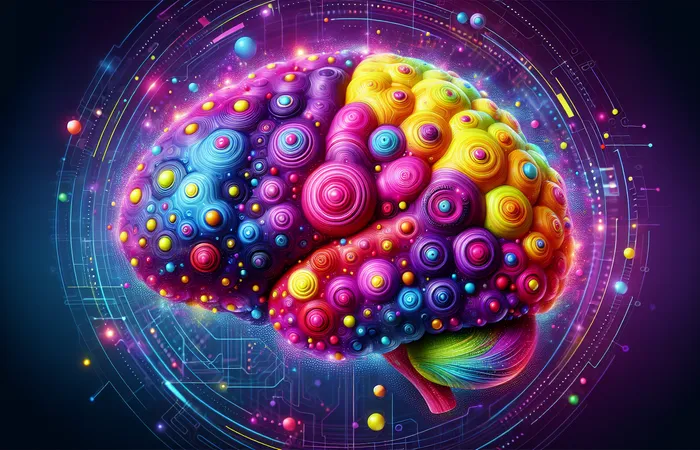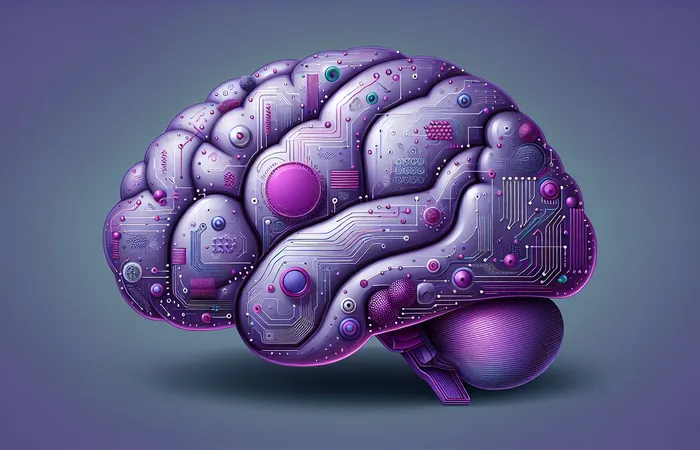AI and the Evolution of Learning Management Systems

In today's fast-paced world of constant change, the integration of AI into Learning Management Systems (LMS) is completely transforming how businesses cultivate skills and nurture employee development.
The Role of AI in Modern Learning Environments
In recent years, artificial intelligence has increasingly been woven into the fabric of numerous industries. One area that stands out is education technology, where AI is reimagining how learning materials are delivered and consumed. Learning Management Systems, such as those provided by Skill5, are evolving to meet the demands of a rapidly changing workplace learning landscape. AI enhances personalization, engagement, and efficiency in learning, making the education process more adaptive and tailored to individual learners' needs.
Personalization and Adaptive Learning
The traditional one-size-fits-all approach to learning is fast becoming obsolete. AI-powered LMS, like those available through the Skill5 platform, offer a personalized learning journey for each user. By analyzing users' interactions, preferences, and performance data, AI algorithms can customize content to meet the unique learning style and pace of each employee. This personalized approach helps in maximizing the retention of information, thereby enhancing productivity and overall team performance.
Increased Accessibility and Inclusivity
Artificial intelligence is not only about customization but also about making learning more accessible and inclusive. AI solutions in LMS can break down language barriers, provide real-time translations, transcriptions, and offer various content formats to suit different learning needs. This inclusivity ensures that no learner is left behind, promoting a more diverse and equitable learning culture within organizations.
AI-Driven Content Curation and Recommendations
One of the major advantages of integrating AI into LMS is its ability to streamline content curation and management. Instead of sifting through thousands of courses manually, AI can recommend the most relevant courses based on a learner's past interactions and aspirations. Platforms like the Skill5 Academy harness the power of AI for upskilling by providing targeted micro courses that adapt to the learners' requirements, ensuring the delivery of up-to-date and industry-relevant content.
Data-Driven Insights and Improved Learner Engagement
AI systems provide in-depth analytics that organizations can use to fine-tune their training strategies. These insights help in understanding which courses are effective, how well employees are engaging with the material, and what improvements are necessary. By analyzing this data, companies can ensure better ROI on their corporate training investments and enhance their people development programs.
Engagement is a critical factor in effective learning, and AI contributes significantly by making the LMS more interactive. Chatbots, gamification, and virtual simulators are just a few examples of how AI enhances engagement, motivating users to actively participate in training programs.
The Evolution of Skills Through AI
In the age of rapid technological advancement, upskilling and reskilling have become essential components of professional growth. AI-driven LMS facilitate this by identifying skill gaps and suggesting appropriate learning paths to bridge them. This dynamic capability not only supports career development but also prepares the workforce for the future of work, characterized by automation and AI-driven processes.
Through AI-enhanced learning platforms, both employers and employees are better positioned to adapt to evolving industry standards, making it easier to stay ahead of the curve. These adjustments are crucial as industries face incessant disruption and change.
Overcoming Challenges and Looking Ahead
Despite the many benefits, integrating AI into LMS comes with its set of challenges, including data privacy concerns, the need for significant investment, and the potential for technology-driven learning disparity. Organizations must address these hurdles by implementing robust security measures, ensuring ethical AI practices, and promoting a culture that embraces technological change.
Looking to the future, AI's role in education and training will undoubtedly expand. The continuous evolution of AI capabilities means that LMS will become even more intuitive, helping learners make more informed decisions about their educational paths. Whether through virtual reality simulations or more refined personalization algorithms, the potential for AI in transforming workplace learning is boundless.
Final Thoughts
As companies pivot towards more innovative and efficient modes of training, the blend of AI with Learning Management Systems will be central to these transformations. Platforms like Skill5 are at the forefront, providing organizations with the tools necessary to implement effective AI-powered learning solutions. By embracing these technologies, companies can ensure they are adequately preparing their workforce for current and future challenges, ultimately fostering a culture of continuous learning and development.



